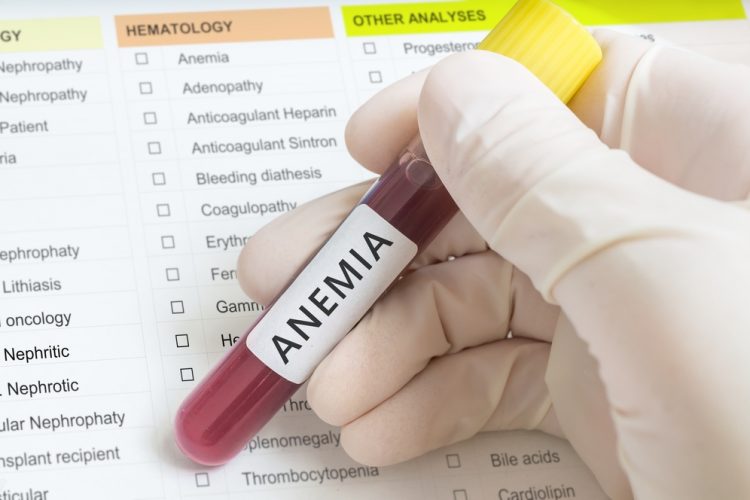Evrenzo™ approved for CKD-related anaemia treatment in EU
Posted: 23 August 2021 | Anna Begley (European Pharmaceutical Review) | No comments yet
The European Commission (EC) has approved Astellas’ Evrenzo™ for adult patients with symptomatic anaemia of chronic kidney disease (CKD).


Astellas has announced that the European Commission (EC) has approved Evrenzo™ (roxadustat) for the treatment of adult patients with symptomatic anaemia associated with chronic kidney disease (CKD).
“We are very pleased Evrenzo has been approved as the first oral HIF-PH inhibitor to treat adult patients with symptomatic anaemia associated with CKD in the European Union (EU),” said Steven Benner, President of Development at Astellas. “Today’s approval provides patients, regardless of dialysis status, with a first-in-class treatment option to address the mult-ifaceted nature of this condition. We look forward to making roxadustat available to adult patients with anaemia of CKD in countries across the EU.”
Roxadustat is the first orally administered Hypoxia-inducible factor prolyl hydroxylase (HIF-PH) inhibitor available in the EU. It increases haemoglobin (Hb) levels through a different mechanism of action compared to injectable erythropoiesis-stimulating agents (ESAs) which are typically co-administered with intravenous (IV) iron. As a HIF-PH inhibitor, roxadustat activates the body’s natural response to reduced oxygen levels in the blood. This response involves the regulation of multiple, co-ordinated processes that allow management of anaemia with a reduced use of IV iron.
“HIF-PH inhibitors represent a major advance in the treatment of anaemia of CKD,” said Mark Eisner Chief Medical Officer of FibroGen. “Roxadustat provides a novel breakthrough for patients who suffer from this condition.”
This approval follows the European Medicines Agency’s (EMA) Committee for Medicinal Products for Human Use (CHMP) positive opinion to authorise roxadustat based on results from a comprehensive Phase III programme comprising of eight multi-centre and randomised studies, which involved 9,600 patients worldwide.
The results of this programme showed roxadustat was efficacious in achieving and maintaining target Hb levels in patients with symptomatic anaemia of CKD regardless of dialysis status and irrespective of prior ESA treatment. The safety profile observed in the roxadustat development programme is reflective of the CKD populations studied and comparable to ESAs.
“Anaemia is a significant and early complication of CKD that occurs with greater frequency and impact as CKD worsens, affecting patients’ day-to-day living, self-care and mobility,” said Jonathan Barratt, Consultant Nephrologist and the Mayer Professor of Renal Medicine at the University of Leicester, UK. “This approval represents a step forward in providing patients with an efficient and simple option to manage anaemia symptoms and maintain target haemoglobin levels to minimise the impact on their quality of life.”
Related topics
Big Pharma, Clinical Trials, Drug Development, Drug Safety, Regulation & Legislation, Research & Development (R&D), Therapeutics
Related organisations
Astellas, EMA Committee for Medicinal Products for Human Use (CHMP), European Commission (EC), European Medicines Agency (EMA)









